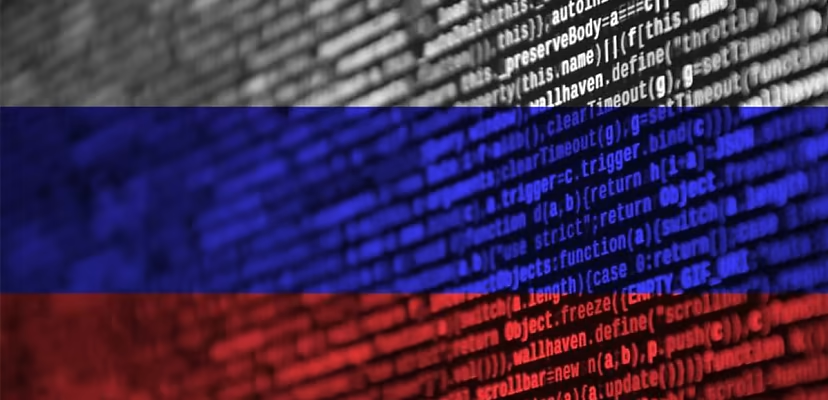Already a subscriber? Make sure to log into your account before viewing this content. You can access your account by hitting the “login” button on the top right corner. Still unable to see the content after signing in? Make sure your card on file is up-to-date.
On Monday, the German government announced it would recall its ambassador to Russia after allegations that Moscow had targeted Germany’s Social Democratic Party (SDP) and several sectors, including defense, aerospace, and IT.
In a statement, Germany’s foreign ministry confirmed that Ambassador Alexander Graf Lambsdorff would be “called back for consultations and will stay in Berlin for a week and then return to Moscow.” Labsdorff’s departure means that Germany will not have an official representation at Putin’s inauguration ceremony for his next six-year term, which began on Tuesday.

This all comes after Berlin summoned the Russian ambassador to express its discontent over a cyber campaign that, according to German authorities, started two years ago and was orchestrated by a group connected to Russia’s GRU military intelligence. During a press briefing, Foreign Minister Annalena Baerbock accused the APT28 group, which she stated is “steered by the military intelligence service of Russia,“ of being behind the attacks.
The investigation into the cyberattacks revealed that it began as early as March 2022, shortly after Russia invaded Ukraine, with significant breaches detected at the SDP’s headquarters in December of that year. “It was a state-sponsored Russian cyberattack on Germany, and this is absolutely intolerable and unacceptable and will have consequences,“ Baerbock declared.
Despite these serious accusations, the Russian embassy in Berlin last week “categorically rejected the accusations that Russian state structures were involved in the given incident … as unsubstantiated and groundless.”






